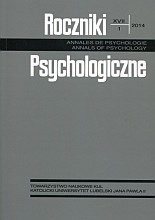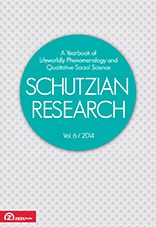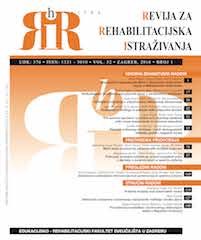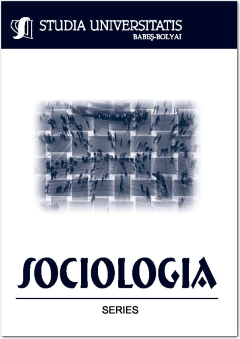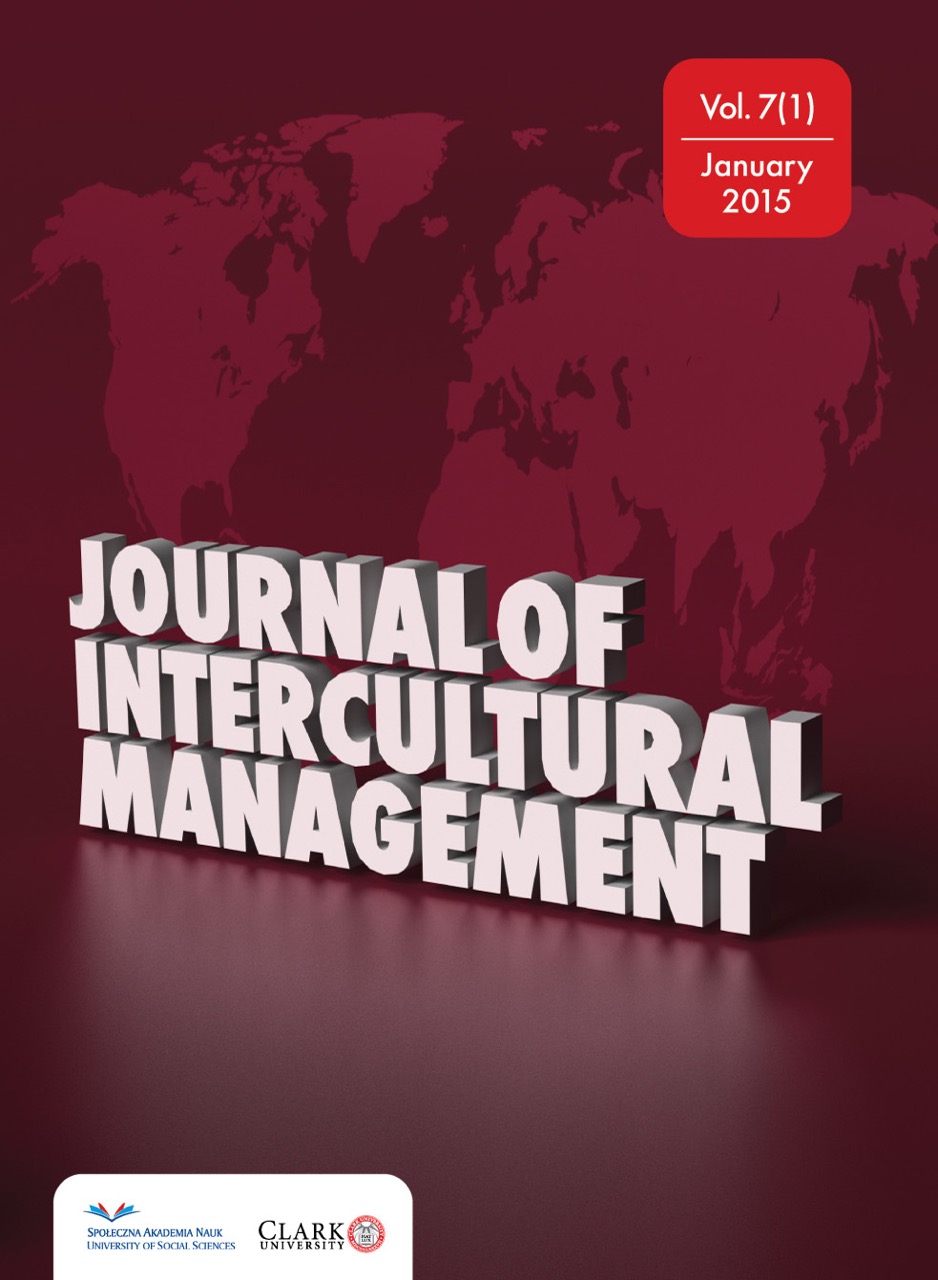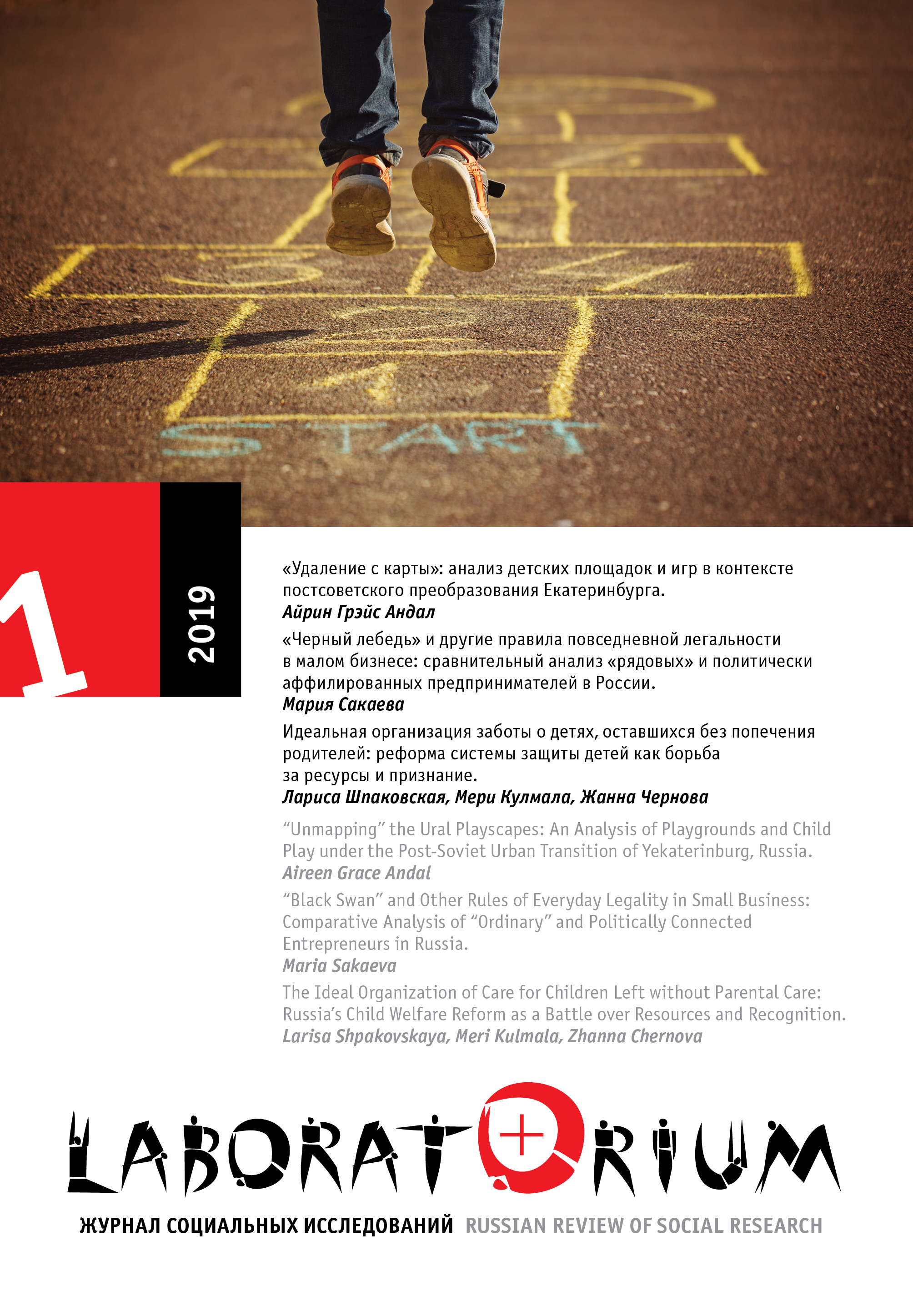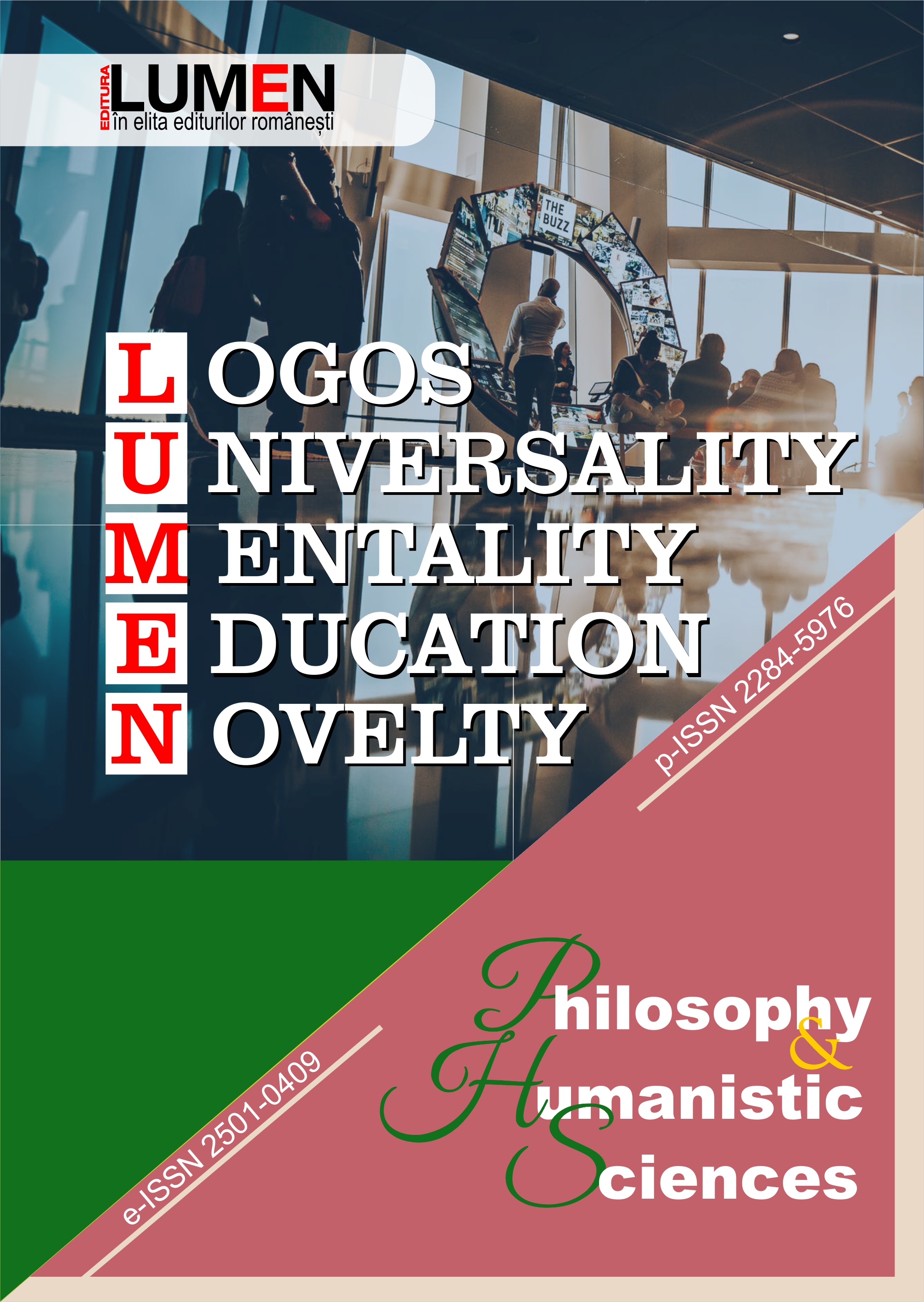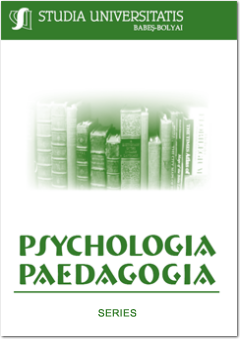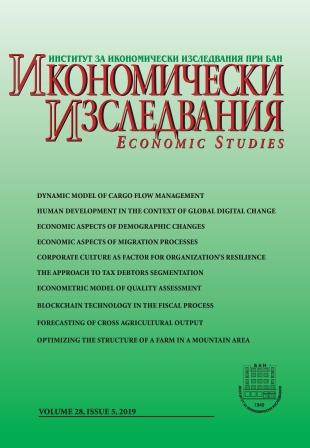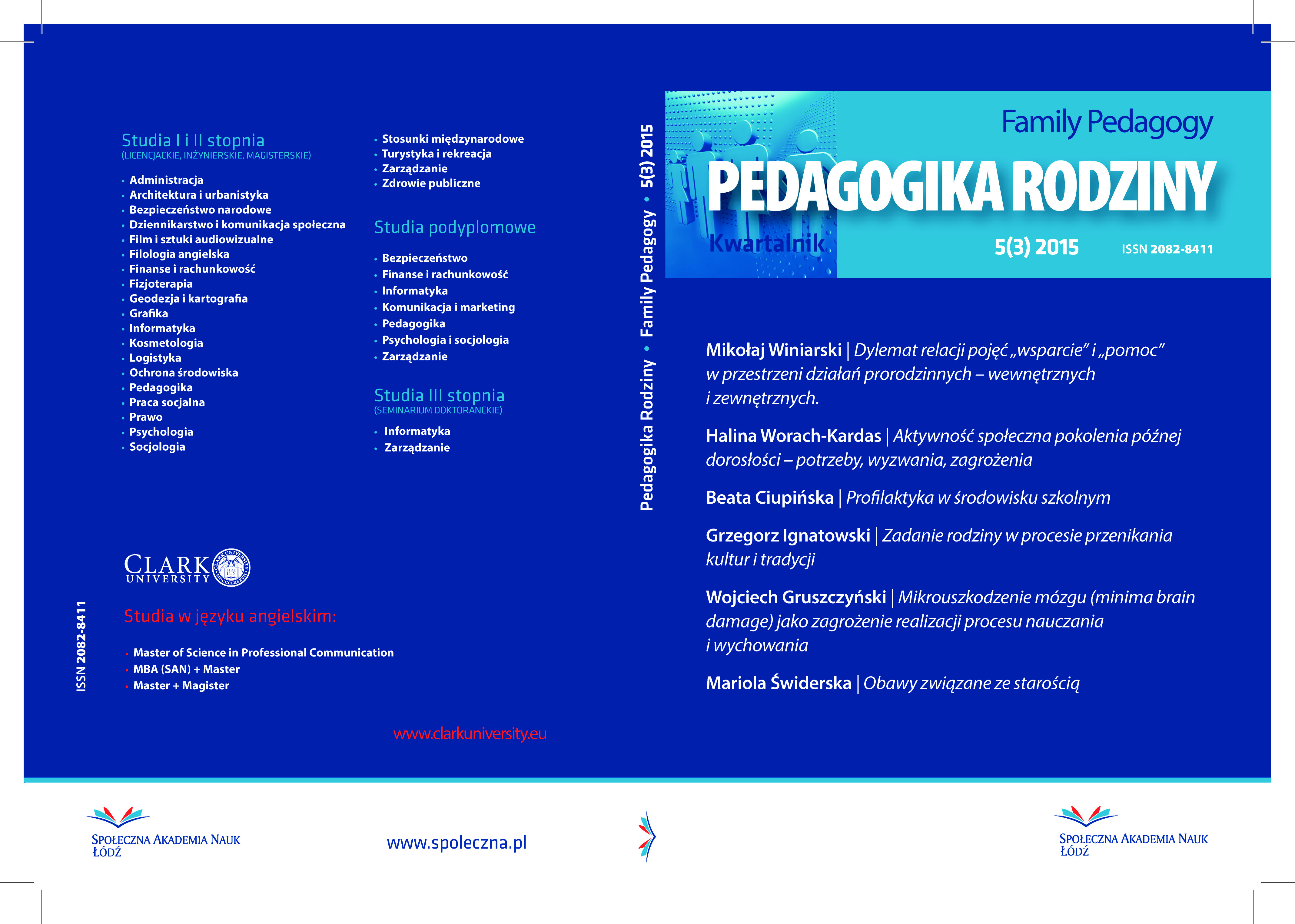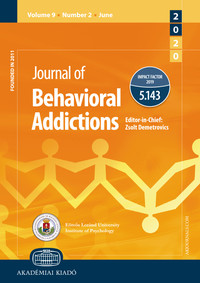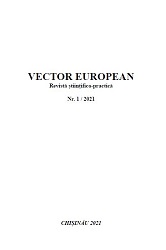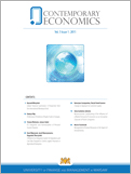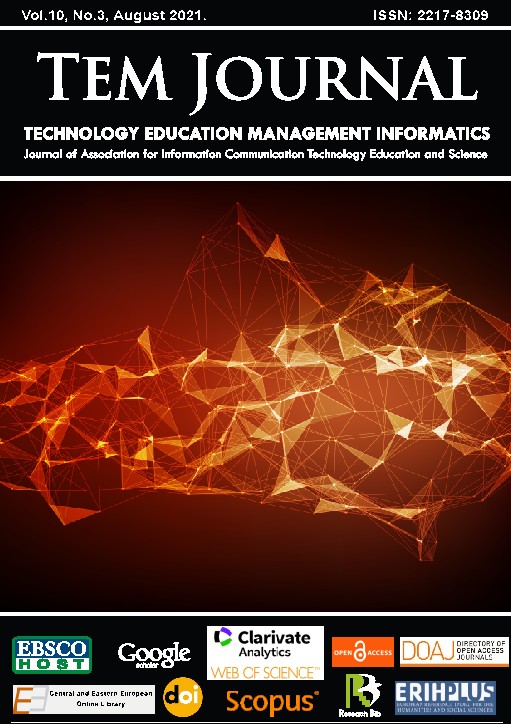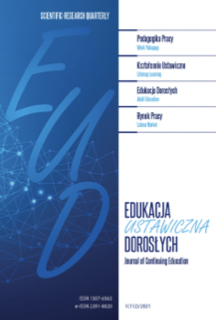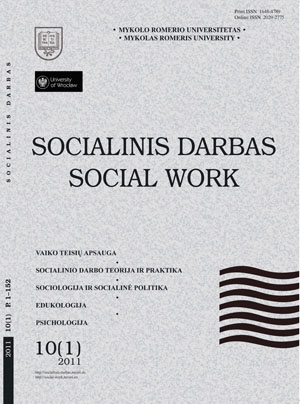
Possibilities of Psychotherapy in Correcting Children’s Emotional and Behavioral Problems: Analysis of the Effectiveness of Dialectical Behavioral The
Psichologinės pagalbos galimybės vaikams, turintiems emocijų bei elgesio problemų: dialektinės elgesio terapijos efektyvumo analizė
Keywords: dialectical behavioural therapy; 8 to 11 year old children; emotional and behavioural problems
The effectiveness of dialectical behavioural therapy in a sample of children from 8 to 11 years old was studied. All participants of the study were characterized as deviant and exhibited mixed emotional and behavioural difficulties. The therapeutic programme was composed according to the principles of dialectical behavioural therapy. It consisted of three modes: a training group of social skills for children, individual therapy for children and psycho-educational sessions for parents. 54 children participated in the social skills training group. Presenting the sample of the study, 10 sessions were conducted with those children. Among them, 22 exhibited two or more mixed emotional and behavioural disorders and were oriented into the sessions of individual therapy. Psycho-educational sessions for parents were offered. A group of 16 parents chose to participate in these activities. The changes in the children’s behaviour were evaluated using ASEBA TRF. Assessments of the children’s behaviour were made before and after the programme. The results indicated positive changes in the behaviour of children from 9 to 11 years old. The major changes were estimated in the cases of aggression, social problems and attention problems. These results reflected major targets of dialectical behaviour therapy—mindfulness, stress tolerance, emotional control and collaboration skills training. The age and gender of the participants influenced the effectiveness of dialectical behavioural therapy.
More...
